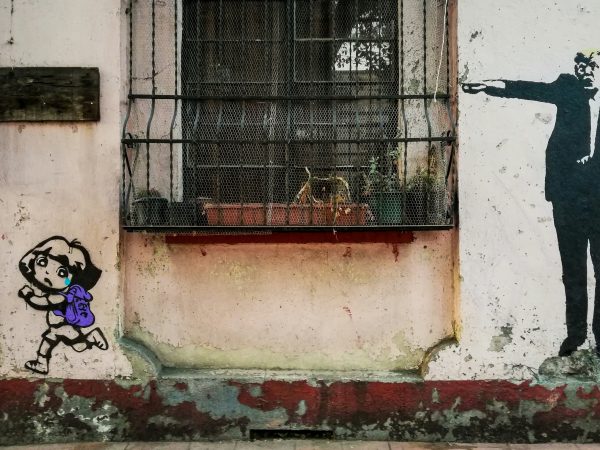
Heavenly citizenship for Paul is certainly not about escaping social responsibility within this life. The path that follows Christ is a path that moves one’s focus from earthly things to heavenly.

The Spirit is the decisive factor in any ethical and political existence that would strive for truth, for justice, and for a mode of persuasion that can challenge the world’s assumptions of what is possible without rhetorically pulverizing those who do not yet agree or pretending that we are better or wiser than we really are.

All human beings (including me) are capable of dehumanizing others. Moreover, all dehumanizers (including Jesus) can change their minds.

For those of us who have experienced marginalization, are we confident that God is actively seeking the lost and rejected souls in our communities? And for those of us with social privilege, do we embody this confidence by extending love to those on the margins—the outcast, the silenced, those with no voice or vote?

Scripture has acquired a lethal familiarity in our political culture of scattering. Can we listen to its words differently together, so that the generous light of God’s creative Word might shine through them and gather us?

Those experiencing rejection because of their sociopolitical identities can know that God does not condone discrimination, that God’s promises are a proclamation of reversal.





